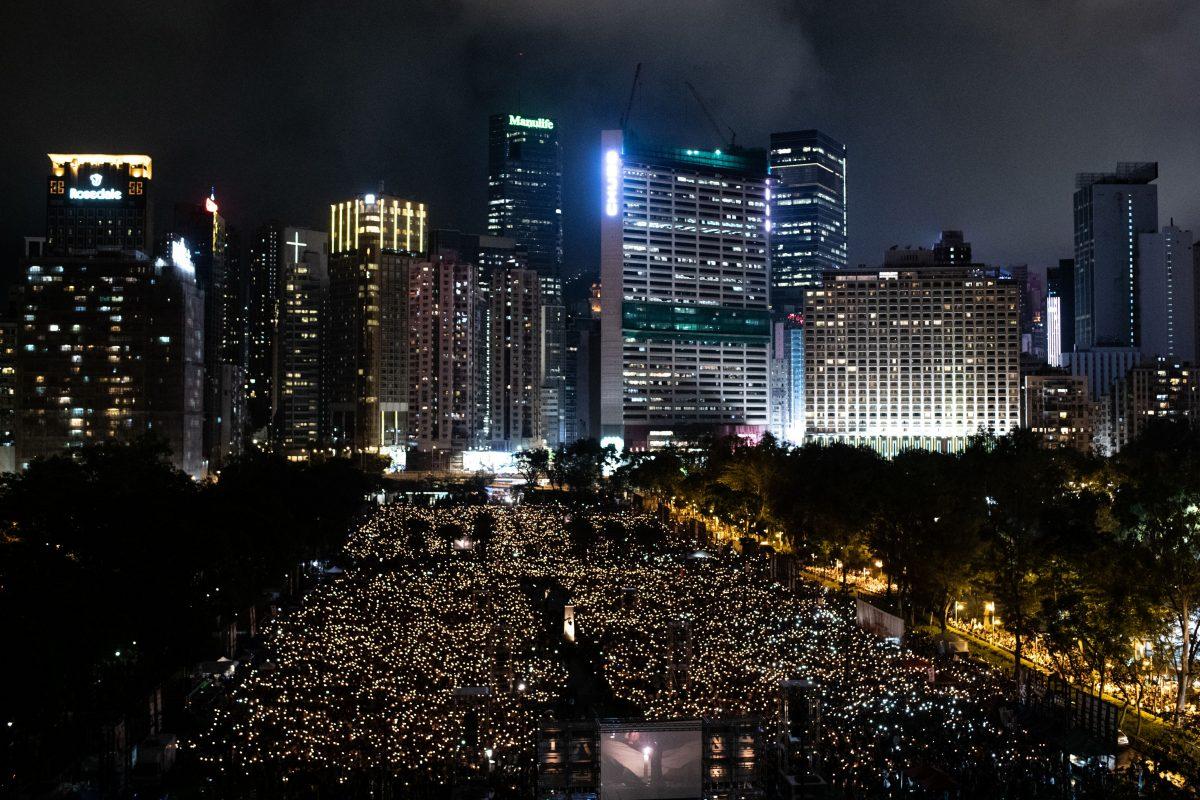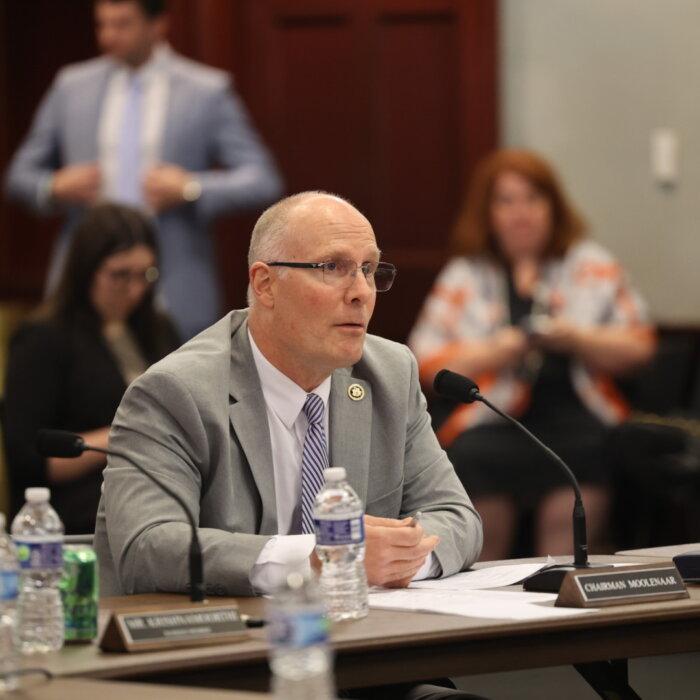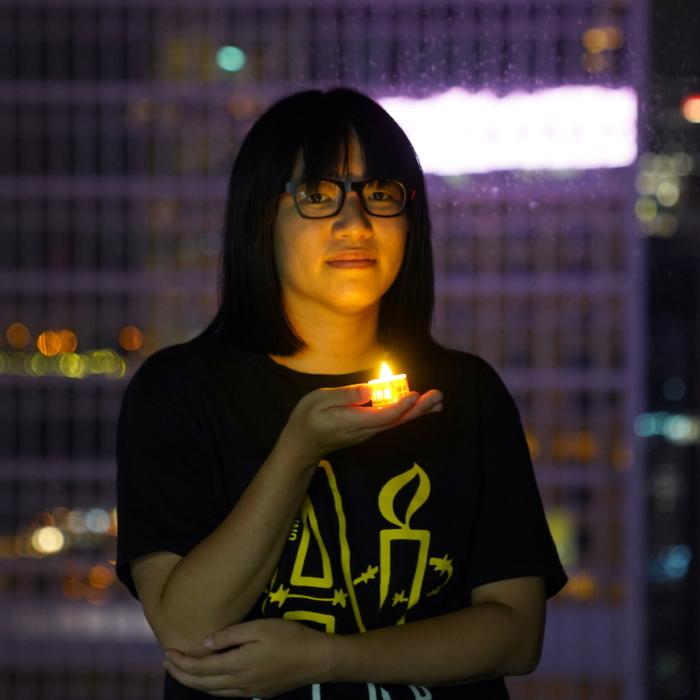Hong Kong police have arrested six people for allegedly “acting with seditious intention” under a sweeping new security law that critics say Beijing has used to eliminate the city’s dwindling freedom.
The authorities said the six people, ages 37 to 65, were arrested on May 28 in an operation by the national security police, who searched their homes with court warrants. Electronic communication devices that were allegedly “being used to publish seditious messages,” along with other items, were seized, the police said in a statement.
One of the women was already on remand, and the police accused that woman, with the help of the other five people arrested, of anonymously publishing “seditious” posts on a social media platform ahead of “an upcoming sensitive date.”
No details of the posts’ content were provided. The authorities alleged the posts were designed to “incite hatred” against the Beijing regime, Hong Kong government, and judiciary and aimed at “inciting netizens to organize or participate in illegal activities.”
The authorities didn’t identify the other five people arrested.
The new law, known locally as “Article 23,” has expanded the government’s power to deal with future challenges to its rule, punishing treason and insurrection with up to life imprisonment.
‘Sensitive Date’
The unidentified “sensitive date” appears to match the description of June 4, the anniversary of the Tiananmen Square massacre. On June 4, 1989, the communist regime sent troops and tanks to the heart of the Chinese capital and opened fire on unarmed protesting students who called for democracy and a more open society. Since then, any mention of the incident has been strictly censored within mainland China.For the past three decades, the former British colony had been the only place on Chinese soil to host large-scale public candlelight vigils to memorialize the thousands of students killed at the hands of the Chinese Communist Party (CCP).







